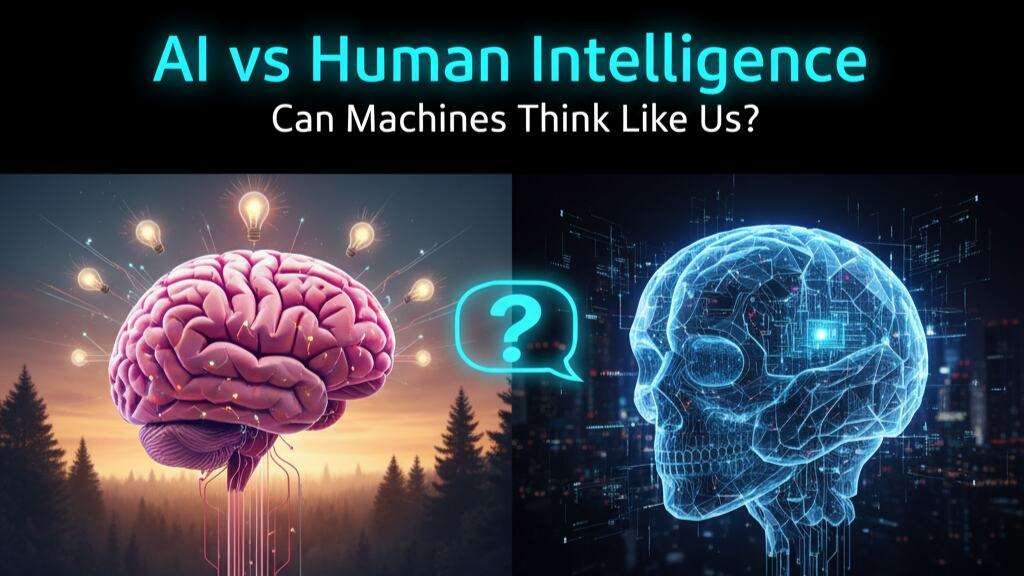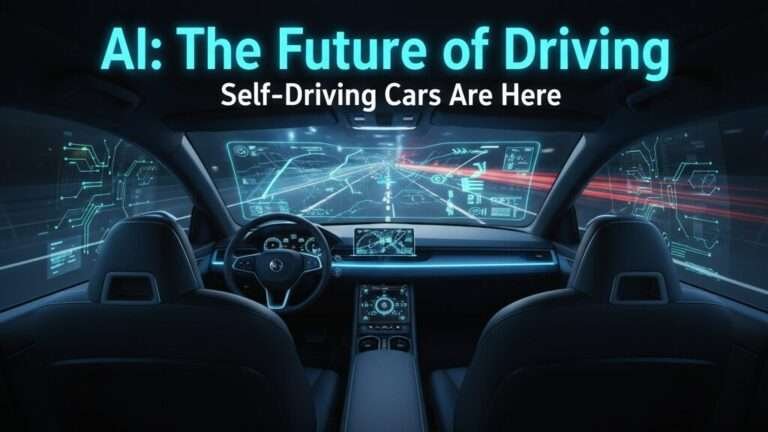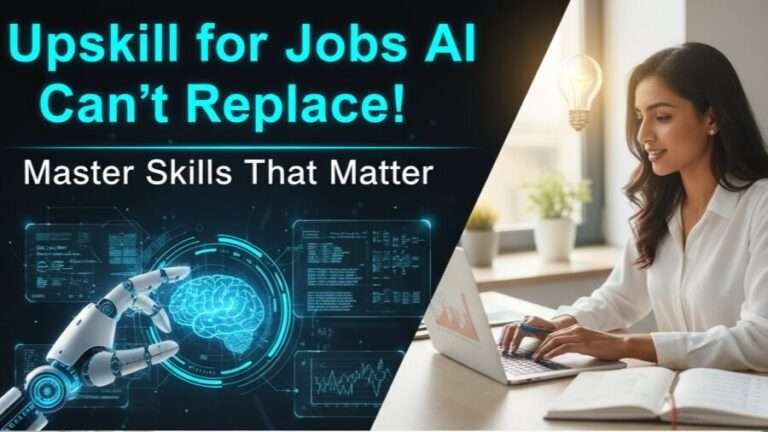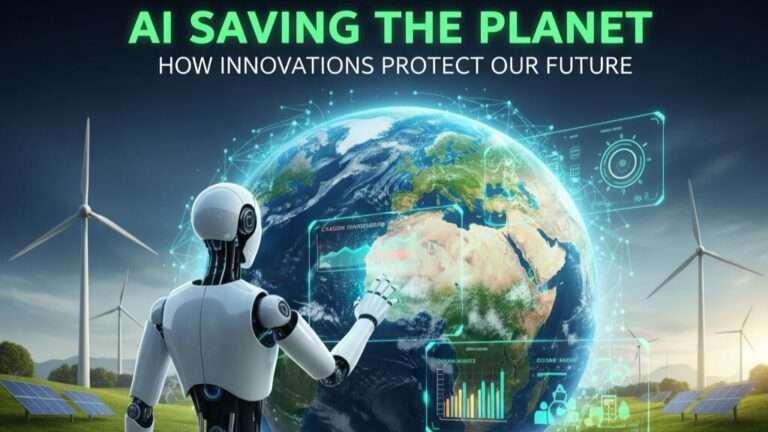The debate around ai vs human intelligence is growing every day, especially as artificial intelligence plays a bigger role in our lives. Whether we talk about self-driving cars making decisions or chatbots helping users online, the fundamental question remains: Can machines ever learn and think like humans? In this article, we’ll explore what makes human intelligence unique, how AI works, and whether machines can truly mimic our way of thinking.
What is Human Intelligence?
Human intelligence is all about creativity, emotional understanding, reasoning, and the ability to learn from experience. We aren’t just information processors; we can feel, invent, and adapt in real-time. Our minds can connect ideas, build relationships, and respond to unpredictable situations. Unlike a programmed device, human intelligence brings a natural blend of logic and emotion that shapes every decision.
How AI Works
Artificial intelligence, in simple words, is the ability of machines to mimic certain aspects of human learning and problem-solving. AI systems are designed using algorithms, which allow them to process enormous amounts of data, recognize patterns, and make predictions. Machine learning is a key branch of AI, where computers learn from data rather than sticking strictly to preset rules. For example, AI can sort photos, answer questions, and even write content. But does this mean AI can truly think like a human?
The Main Differences: AI vs Human Intelligence
When looking at ai vs human intelligence, the biggest difference comes down to natural understanding and emotions. AI is great for repeating complex tasks, handling loads of information, or carrying out logical processes much faster than humans can. But computers do not feel or understand emotion the way people do. Even though AI can analyze speech and text for emotional cues, it does not genuinely experience happiness, sadness, or empathy.
Human intelligence, on the other hand, is vast and flexible. People can learn from a single event, change their behavior, and solve problems creatively. Machines might copy previous answers or use patterns, but human minds can approach problems they’ve never seen before, draw from life experiences, and adapt instantly.
Can Machines Really Think Like Us?
So, can machines think just like people? While AI has made huge advancements, it is still limited to processing data and following structures set by its developers. The ai vs human intelligence argument highlights that real thinking isn’t just about logic emotions, morals, and ethical values are deeply rooted in human consciousness. AI can simulate smart behavior and help solve problems, but it does not have true self-awareness or emotional depth.
Researchers are working hard to develop more human-like AI, but for now, artificial intelligence mainly supports or enhances what humans can do. It excels at specific tasks and brings speed and efficiency, yet lacks the human qualities of intuition and emotional intelligence.
The Future of AI and Human Intelligence
As technology advances, we may see AI become even better at understanding complex problems and helping us in daily life. However, the differences between ai vs human intelligence mean that machines will likely work alongside people, not replace them. The future is all about collaboration, where AI handles data and logic, and humans make sense of the world with feelings and creativity.
Read More: How to Upskill for Jobs AI Can’t Replace






